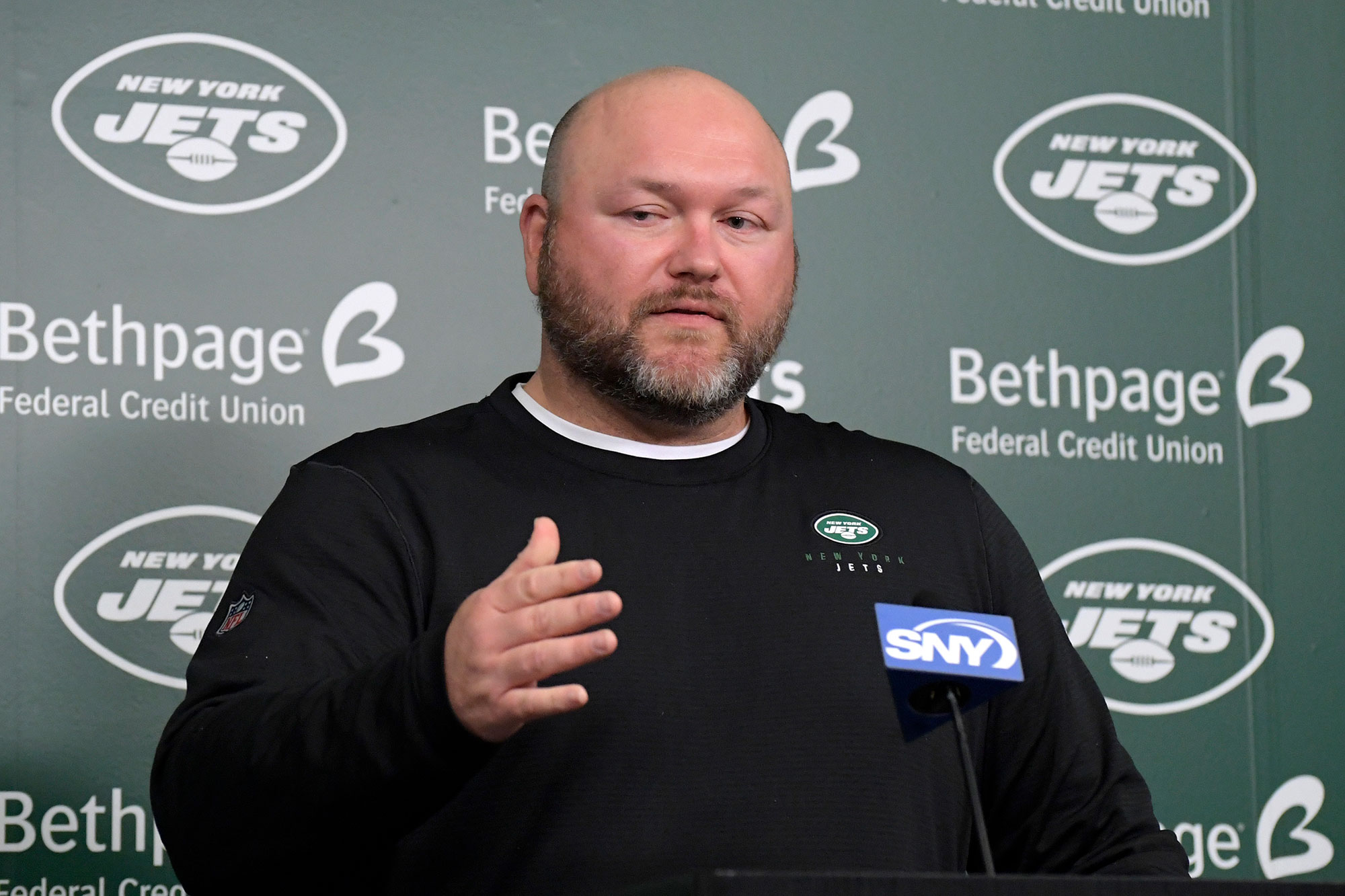In a series of strategic maneuvers this offseason, the New York Jets have once again made headlines, this time for a significant trade involving defensive end John Franklin-Myers to the Denver Broncos. This move follows the earlier trade of quarterback Zach Wilson, highlighting a period of active roster changes under Jets’ General Manager Joe Douglas. But with every move in the NFL, there are ramifications, both on the field and the financial ledger.

New York Jets Navigate Tough Financial Waters
The recent transactions by the New York Jets, especially the trading away of John Franklin-Myers, have put a glaring spotlight on the team’s financial situation. According to Rich Cimini, an ESPN insider (via Over The Cap), the Jets are now saddled with a dead cap space of approximately $52 million, which constitutes around 20% of their total cap. This significant financial burden stems from allocations to players like Laken Tomlinson, John Franklin-Myers, and Zach Wilson, putting the Jets in a precarious financial position.

Strategic Implications of New York Jets Recent Trades
While financials are a concern, the strategic impact of these moves cannot be underestimated. Franklin-Myers, who played in only 56% of the snaps during his tenure with the Jets, wasn’t a central figure in Coach Robert Saleh’s defensive strategy, which might lessen the immediate impact on the field. However, the loss of a player doesn’t always translate directly to changes in team performance, and the Jets seem focused on immediate competitive success rather than a long-term rebuild.
Knowing who Joe Douglas is as an NFL general manager, it's hard to believe anybody but Zach Wilson will be the New York Jets quarterback in 2021. #TakeFlight @RobbySabo
🚨Story: https://t.co/byIRdGhvym pic.twitter.com/4qXhtBmAqu
— Jets X-Factor (@jetsxfactor) February 12, 2021
The partnership between Joe Douglas and Broncos’ GM George Paton has been noteworthy, marked by significant trades that indicate a strong willingness to deal and reshape their teams aggressively. This approach, however, comes with its own set of risks, especially when considering the advancing age and recovery from injury of key players like Aaron Rodgers, which could have long-term repercussions for the team’s performance and financial health.

The Pressure to Perform
With these bold moves, the Jets’ management is clearly under pressure to deliver results. The competitive nature of the NFL means that success must be tangible and, ideally, immediate. The history of the New York Jets, mixed with fluctuating performances, adds an extra layer of urgency to their strategy. Management’s ability to navigate these challenging financial and competitive landscapes will be critical in defining their success in the upcoming seasons.
In conclusion, the New York Jets are at a critical juncture. The decisions made during this offseason by Joe Douglas and his team are a gamble—balancing financial strain with competitive aspirations.
As they head into the new season, all eyes will be on how these moves play out on the field and what they mean for the future of the franchise. The overarching question remains: Can the Jets turn these financial and strategic gambles into success, or will they face the long-term consequences of their high-stakes decisions?










